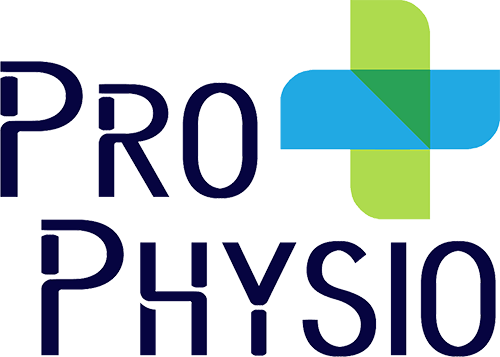Pregnancy Related Lower Back Pain
Pregnancy is a joyful and exciting time, but it can also be challenging
One common challenge that many pregnant women face is back pain.
In this blog post, we will discuss the causes of pregnancy-related back pain, its symptoms, how it can be treated, and provide scientific references to support the information provided.
What Causes Pregnancy-Related Back Pain?
Pregnancy-related back pain can be caused by a variety of factors, including –
Weight gain and changes in posture due to the growing fetus.
Hormonal changes that cause ligaments and joints to become more flexible, leading to strain on the back muscles.
Stress and anxiety related to the pregnancy.
Common Signs and Symptoms
The symptoms of pregnancy-related back pain can vary from person to person, but common signs and symptoms include –
- Pain in the lower back that can radiate to the hips, buttocks, or thighs.
- Stiffness or limited range of motion in the lower back.
- Pain that worsens with certain activities, such as standing, sitting, or walking.
- Muscle spasms in the lower back.
If you experience any of these symptoms, it is important to seek medical attention immediately.
How Can Pregnancy-Related Back Pain be Treated?
Treatment for pregnancy-related back pain depends on the severity of the condition.
In mild cases, rest, heat or cold therapy, and gentle exercises recommended by a physiotherapist may be sufficient to manage the symptoms.
In more severe cases, prescription medication may be required.
Physiotherapy can be particularly effective in treating pregnancy-related back pain.
It can help to reduce pain, improve flexibility, and strengthen the muscles that support the spine.
Common physiotherapy techniques used to treat pregnancy-related back pain include massage, heat therapy, and exercises that focus on strengthening the core muscles.
In addition to physiotherapy, medication may be prescribed to manage the symptoms of pregnancy-related back pain.
This may include over-the-counter pain medication or muscle relaxants, but it’s important to consult with your healthcare provider before taking any medication.
Conclusion
Pregnancy-related back pain can be a challenging aspect of pregnancy, but it doesn’t have to be.
With proper treatment, it is possible to manage the symptoms and improve quality of life.
If you experience any symptoms of pregnancy-related back pain, it is important to seek medical attention immediately.
With the right treatment plan, you can enjoy a comfortable and healthy pregnancy.
If you need help with your low back pain please book an appointment with our team today by clicking the button below –
Scientific References
Pennick V, Liddle SD. Interventions for preventing and treating pelvic and back pain in pregnancy. Cochrane Database Syst Rev. 2013;(8):CD001139.
Wu WH, Meijer OG, Uegaki K, et al. Pregnancy-related pelvic girdle pain (PPP), I: terminology, clinical presentation, and prevalence. Eur Spine J. 2004;13(7):575-589.
Mota RL, Tavares LB, Oliveira DM, et al. Low back and pelvic pain during pregnancy: prevalence and risk factors. Arch Gynecol Obstet. 2015;291(2):237-243.
Keywords: pregnancy-related back pain, causes, symptoms, treatment, weight gain, hormonal changes, physiotherapy, medication, scientific references.
